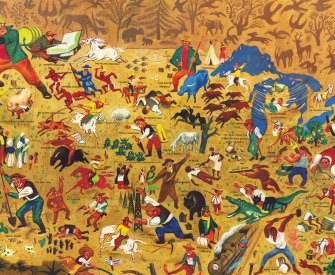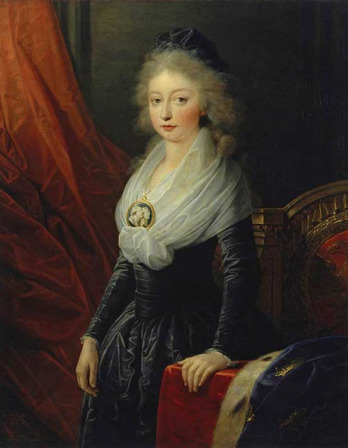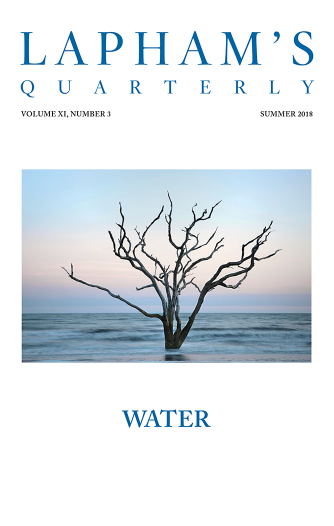Jazz is the result of the energy stored up in America.
—George Gershwin, 1933A Murder of Quails
Angelo Mosso observes the grim end of a migration.
One spring, toward the end of March, I happened to be in Rome, and hearing that the migration of the quails had begun, I went down to Palo on the seacoast in order to ascertain whether these birds, after their journey from Africa, showed any of the phenomena of fatigue. The day after my arrival, I rose when it was still dark, took my gun, and walked along the shore toward Fiumicino. Here and there on the beach were to be seen fires lit by bird-catchers in order to attract any quails arriving during the night. Just before dawn I heard shots, and some quails appeared flying very quickly in little groups of four or five. Immediately they alighted. I tried to approach as near as possible. They crouched down and waited on the alert. Often they let me come within a few paces and then fled swiftly along the ground. It is said that quails sometimes allow themselves to be caught by the hand.
By this time it was a lovely morning. A fresh north wind blew toward the sea, but in spite of the contrary wind, the quails continued to arrive in greater and greater numbers. I believe I never saw them fly more quickly. Meeting a peasant, I walked with him along the boundary walls shutting in the Roman farms. He told me that at the time of the migration he made a round every day in order to pick up the dead quails, and that just along these walls at the foot of the telegraph posts he always found some.
The poor birds, in the eagerness with which they seek the land, do not even see the trees, or at least have not power to slacken or arrest their flight, and dash themselves against trunks and branches with such force that they kill themselves. I accompanied the old man in order to see the number and the condition of the dead quails. We went toward a tower dating from the Middle Ages that was built on the beach near a clump of trees. “That,” said the peasant, pointing to the tower, “is one of the places where I find most.” And indeed we found three in the moat, two of which were already stiff, while one was still warm. Taking them in my hand and blowing up the feathers, I perceived that they were not wasted. There was still fat under the skin in several parts of the body, and the pectoral muscles were in good condition.
The poor creatures are so exhausted by the journey that their strength is just sufficient for flight. When from a great distance they perceive the dark line of land, they are attracted by the white spots representing houses and steer for them with such eagerness and impetuosity that they reach them, so to speak, before they have recognized them. In great muscular effort and extreme fatigue, cerebral anemia is produced, and this anemia may diminish the power of vision. Near a house I met several people who assured me that many quails dashed their heads against it because they had not the strength to raise themselves the extra yard necessary to clear the roof.
The quail is not a social animal. It leads for the most part a solitary life. Not even at the time of its love affairs does it show any family affection, the male abandoning the female as soon as she begins to sit. Quails do not travel in flocks like swallows or ducks, but each one sets forth on its journey without regard to the others. When they have to struggle against a strong wind at sea, they persevere as long as they can; then, when they are exhausted, they yield to its violence and end by falling senseless upon rocks or onto the deck of some ship.

Angelo Mosso
From Fatigue. The son of a carpenter, Mosso grew up in poverty and often assisted his father as a child. He attended medical school in order to study the mental and physical burdens of workers; he served as a physician in the military before studying the nervous system’s control of blood vessels and circulation in the brain in situations of rest and distress. “Machinery has rendered worse the condition of the worker,” he writes elsewhere in this text. “Instead of shortening the working day, it has prolonged it; instead of reducing fatigue, it has rendered it more dangerous.”




